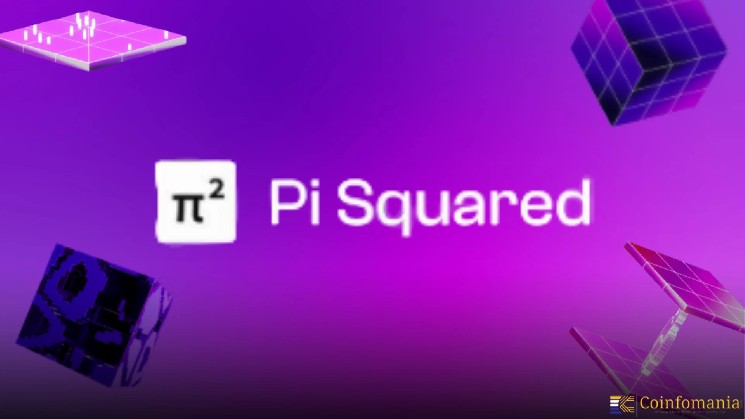FastSet introduces a groundbreaking blockchain technology developed by Pi Squared, offering exceptional performance. The protocol can handle over 100,000 transactions per second and settle within 100 milliseconds. Unlike traditional chains that rely on sequential processing, FastSet utilizes parallelism for independent verification of claims. This innovative design paves the way for applications requiring high-speed processing, such as financial trading and real-time gaming ecosystems.
Revolutionizing Consensus
FastSet challenges the conventional approach to global agreement by enabling verifiable settlement without the need for all validators to reach consensus simultaneously. This model reduces latency and messaging overhead, enhancing efficiency in blockchain operations.
The Advantages of Modular Systems
FastSet’s modular architecture allows each layer to optimize performance, preventing congestion at the base level. By introducing advanced parallelization, FastSet surpasses other modular systems in pushing performance boundaries.
Comparing FastSet and Ethereum
While Ethereum prioritizes security and decentralization, its transaction confirmations typically take minutes. Ethereum relies on external solutions for scaling, such as rollups and layer-two networks. In contrast, FastSet focuses on enhancing the base protocol for high throughput through parallel settlement and rapid verification.
Enhanced Developer Support
FastSet stands out with its support for multiple programming languages, aiming to attract developers by offering a more accessible platform. By utilizing a single language virtual machine, projects can onboard quickly and efficiently develop high-performance decentralized applications.

